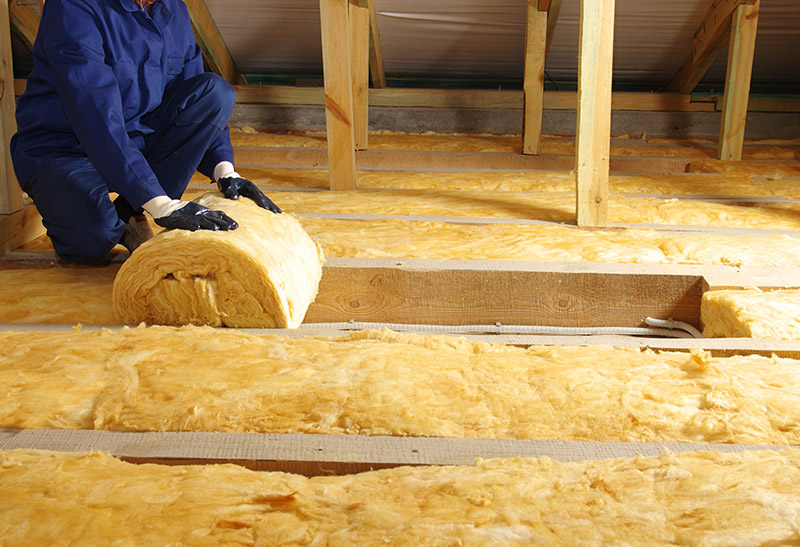How Insulation Can Help Improve Your HVAC System's Efficiency
Proper insulation is a crucial element in creating an energy-efficient home. When it comes to your HVAC system, insulation is key to maximizing its efficiency. In this blog, we explore the importance of insulation and how it affects the HVAC efficiency. We also identify key areas where insulation is essential for optimal results.
The Importance of Insulating Your Home
Insulation acts as a barrier against heat flow. It keeps your home comfortable throughout the year. It helps maintain consistent indoor temperatures by preventing the escape of air. Insulation not only contributes to energy efficiency but also provides several other benefits.
Insulation minimizes the need for excessive heating or cooling. This can lead to lower energy bills and a reduced carbon footprint. Proper insulation keeps your home cooler in summer and warmer in winter. It reduces heat transfer through walls, ceilings, and floors. This creates a more comfortable living environment for you and your family. Insulation helps absorb sound, minimizing noise transmission between rooms and from the outside. This helps to improve the tranquility of your home.
How Insulation Affects HVAC System Efficiency
Insufficient or inadequate insulation can impact the efficiency of your HVAC system. Without proper insulation, conditioned air can escape through walls, attics, and floors. This means that your HVAC system must work harder. It consumes more energy to compensate for the lost air, leading to increased energy bills.
Inadequate insulation can lead to hot or cold spots in your home. This can lead to temperature variations due to heat transfer. This causes your cooling to be uneven. It will struggle to maintain consistent temperatures throughout your living spaces. When your HVAC system works harder due to poor insulation, it leads to more wear and tear on its components. This can lead to frequent breakdowns, reduced lifespan, and the need for repairs.
Key Areas to Insulate for HVAC Efficiency
To optimize your HVAC system's efficiency, focus on insulating key areas of your home.
- Attic insulation. The attic is one of the primary areas where heat loss/gain occurs. Insulating the attic prevents warm air from rising and escaping during winter. It also keeps hot air out in the summer. Consider using materials like fiberglass batts, blown-in cellulose, or spray foam insulation.
- Wall insulation. Ensure there is enough insulation within exterior walls to reduce heat transfer. You can do this using insulation materials. Consider using fiberglass, cellulose, or foam board insulation. Retrofitting existing walls with blown-in insulation can also be an effective solution.
- Floor insulation. Insulating floors above unconditioned spaces, such as crawl spaces or garages. This helps prevent heat loss and drafts. Use insulation materials designed for floors. These include rigid foam insulation or spray foam insulation. These can create a thermal barrier.
- Duct insulation. Insulating ductwork reduces the loss of air as it travels through unconditioned spaces. Insulated ducts prevent energy waste. It also ensures that conditioned air reaches its intended destination.
Contact Us
Insulation plays a vital role in optimizing the efficiency of your HVAC system. By investing in proper insulation, you can reduce energy consumption. Enhance your comfort and prolong the lifespan of your HVAC system. Be sure to focus on insulation in areas like the attic, walls, floors, and ductwork for best results. Consult with an HVAC professional to help insulate your home. By improving insulation, you can enjoy a more energy-efficient and comfortable home.






